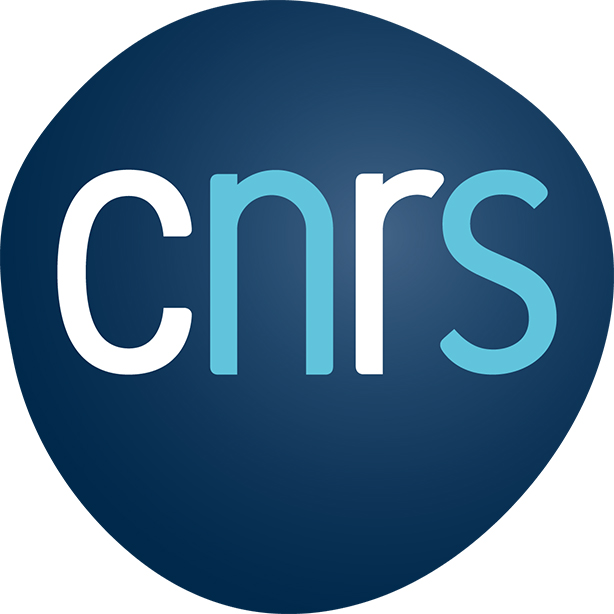Dans le cadre du séminaire de Nuclear Knowledges - Chaire d’excellence en études de sécurité.
Preparing for the Unthinkable in East Asia: Evaluating Cross-National Public Opinion on the U.S. Nuclear Umbrella
Speaker:
Stephen Herzog, PhD candidate, Yale University
Abstract--
As U.S.-North Korean tensions drive nuclear dangers to levels unseen since the Cold War, how robust is public support for the nuclear umbrella? U.S. security assurances—through explicit threats and forward-deployed “tripwires”—are credited with playing a critical role in maintaining global peace for over seven decades. However, extended deterrence is an elite-driven phenomenon. Polling data indicates that many states under the U.S. nuclear umbrella have populations decidedly opposed to nuclear weapons or supportive of their own indigenous proliferation. Reactions to President Trump’s comments about allies “paying their fair share” have also revealed that many Americans are skeptical of taking on risks, even on behalf of Washington’s closest partners. With millions of lives at stake, public pressure will mount in a nuclear crisis. If the U.S. And allied populations have differing perceptions of the credibility of assurances and desirability of retaliatory actions, the scaffolding of nuclear deterrence could collapse. We test these overlooked microfoundations underlying the nuclear umbrella with a crisis simulation survey experiment (n=6,000) conducted on nationally representative samples in Japan, South Korea, and the United States. Drawing on similarities and differences in cross-national public support for extended deterrence, we lay out lessons and implications for alliance politics.
Discussants:
Benoît Pelopidas, Sciences Po-CERI, Nuclear Knowledges
Fabricio Fialho, Sciences Po-CERI, Nuclear Knowledges
Les présentations seront données en anglais, cependant les questions en français seront également les bienvenues.
Responsable scientifique : Benoît Pelopidas, Sciences Po-CERI.
Retrouvez les actualités de la Chaire sur Twitter @NKnowledges











 08/01/2019
08/01/2019 17:00
17:00 



